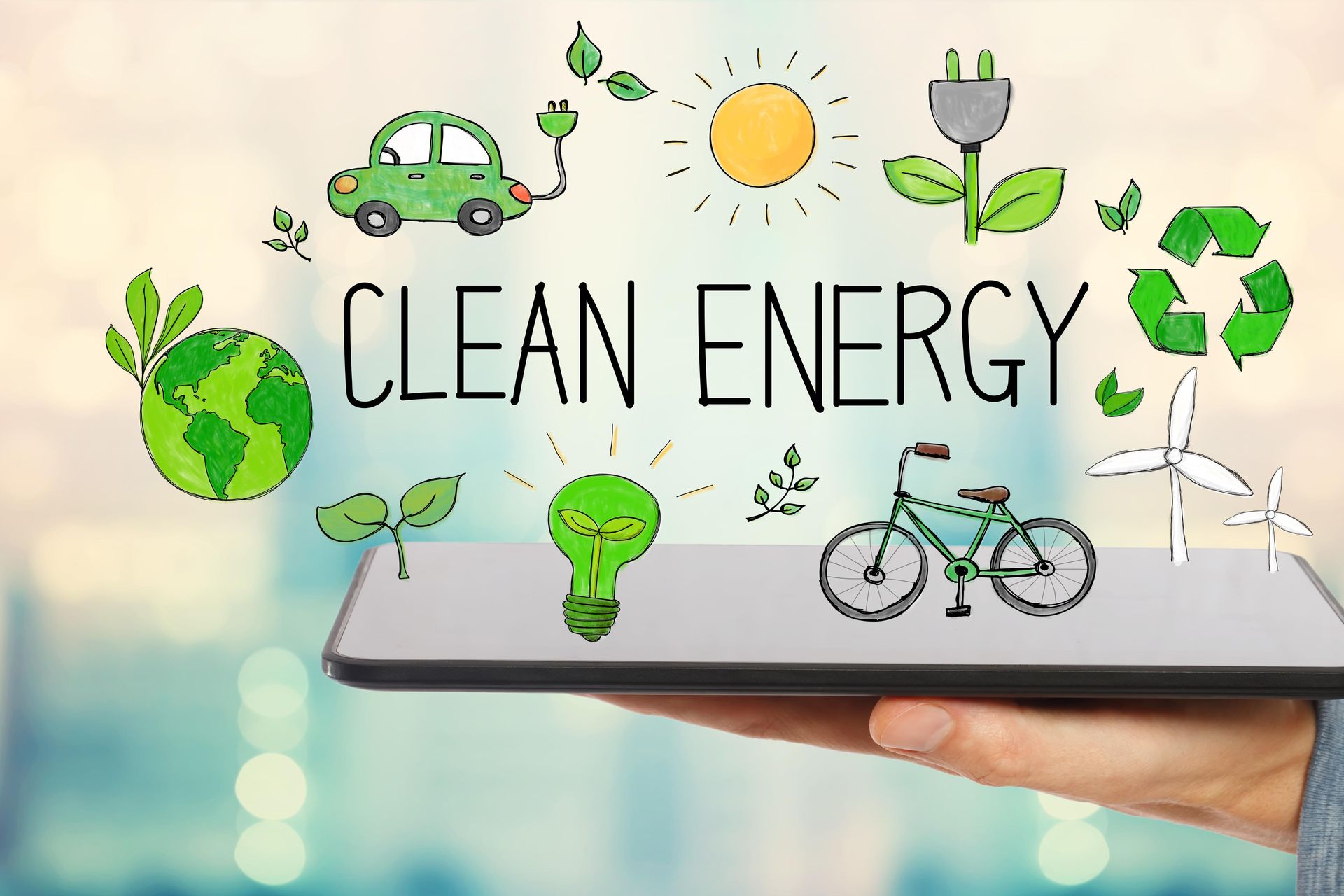The Russian invasion of Ukraine also raises questions for the EU’s energy policy. Tim McPhie, EU Commission spokesperson for climate action and energy, discusses the EU’s key strategies for greater energy security and independence, also for EU candidate countries, in an interview with Diplomatisches Magazin.
DM: The security situation in Eastern Europe is also a pressing issue for the energy sector. How far can renewable energy sources play a role in securing energy supplies for Europe in the immediate future?
Tim McPhie: Renewable energy is key to ending our dependence on Russian fossil fuels as soon as possible. As Commission President von der Leyen has said, every euro we invest in renewables now is a down-payment on our future energy independence. The European Union is united in its commitment to accelerate the green transition and move quickly away from Russian fossil fuels. The Commission presented its ideas in March for a REPowerEU Plan, which was quickly endorsed by EU Leaders when they met in Versailles. On 18 May the Commission followed up with a detailed REPowerEU Plan with a focus on diversifying energy supplies, improving energy efficiency and energy savings, and speeding up the transition to renewables. The Commission proposes to increase Europe’s legally binding target for renewables in the energy mix by 2030 from 40% to 45%. We also presented a Solar Energy Strategy which will help double the currently installed capacity to 320GW by 2025, and to reach almost 600GW by 2030. A European Solar Rooftop Initiative will require all new buildings to have solar panels as of 2029, with a gradual phase-in from 2026 for different building categories. We also proposed to speed up permitting procedures for major renewable projects including wind farms, to bring down the time required for approval. The REPowerEU Plan has been endorsed by Leaders at the European Council on 30-31 May and is now being implemented. Europe has already agreed to ban coal imports from Russia by this summer, and 90% of oil imports by the end of the year, so the path to switch away from Russian fossil fuels is well underway.
DM: How can countries that have applied for EU-membership and are particularly threatened by the Russian invasion of Ukraine (Georgia, Moldova, Ukraine) be supported in terms of energy sources and renewable energy in particular? Moldova and Ukraine have for example been connected to the EU electricity network, but what other measures can be implemented?
Tim McPhie: Alongside the REPowerEU Plan, the Commission presented a new External Energy Strategy which has a strong focus on our neighbouring countries, and on the global green transition. The Strategy pays particular attention to Ukraine, and we will prepare together a REPowerUkraine Initiative to build back better the Ukrainian energy system, with a focus on decarbonization and energy independence. As the war brought by Russia continues, we will keep provi-ding energy supplies to Ukraine where needed. Reverse flows of gas [e.g. from the EU, providing that gas reserves would be sufficient, ed.] can reach Ukraine ad Moldova via Slovakia, Hungary, Poland and Romania. Following the synchronisation of the Ukrainian and Moldovan electricity grids, we will work towards making electricity trade possible. The Commission will also support Ukraine in rebuilding a green and modern energy system after the war. The new EU Energy Platform will bring countries together for the voluntary joint purchase of alternative energy supplies as we move away from Russian gas. Participation in the Platform is open not just to Member States but also to the Western Balkans, Ukraine, Moldova and Georgia. We also continue to pursue our Green Agenda with the Western Balkans, stimulating investment in the energy transition and coal phase-out. The integration of the Western Balkans into the EU internal electricity market will support this change, as will the progressive introduction of carbon pricing.
DM: Nuclear power from existing nuclear power plants in the EU could help to secure energy supplies. Why is this not considered as a temporary solution for the current energy crisis?
Tim McPhie: The energy mix of individual Member States is a matter of national competence. The decision to construct and operate nuclear power plants is a national one. Currently around half of the EU’s Member States use nuclear power, and the others do not. The approach taken in the REPowerEU plan reflects these differences and proposes a variety of balanced responses corresponding to the specific Member States needs whilst moving the EU as a whole towards climate neutrality by 2050. Shifting away from Russian fossil fuels will require targeted investments for security of supply in gas infrastructure and very limited changes to oil infrastructure alongside large-scale investments in the electricity grid and an EU-wide hydrogen backbone. In parallel, some of the existing coal capacities might also be used longer than initially expected, with a role for nuclear power and domestic gas resources too.
DM: The EU has shown interest in importing gas produced through fracking in the US. As fracking is a practice that harms the environment, how is this decision compatible with EU goals on environmental sustainability?
Tim McPhie: The EU and the US are working closely together to reduce Europe’s dependence on Russian energy, and to support Europe’s energy security and sustainability. We are also both committed to an accelerated global transition to clean energy and to meeting our commitments under the Paris Agreement and reaching net zero emissions by 2050. Natural gas will remain an important part of the EU energy system during the green transition and produces less greenhouse gas emissions than the solid fossil fuels which we are phasing out. The US and EU are committed to decreasing over time the carbon intensity of the natural gas which we use in our energy systems. We will undertake efforts to reduce the greenhouse gas intensity of all new LNG infrastructure and associated pipelines, including through the use of clean energy to power onsite operations, the reduction of methane leakage, and the construction of hydrogen-ready infrastructure.
Interview Cristina Cöllen

